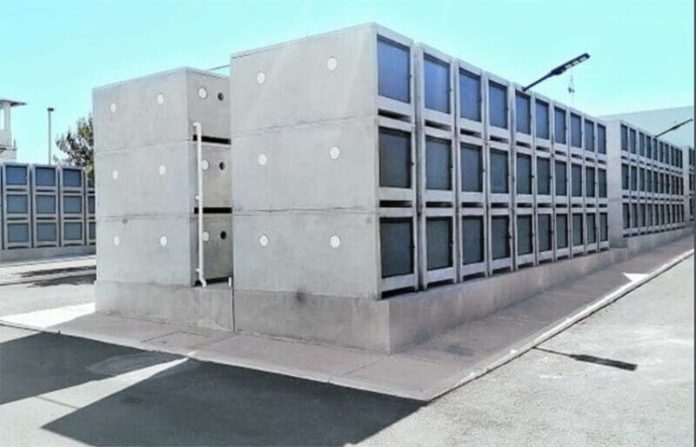Authorities in Coahuila have exhumed more than 700 bodies since last year as they seek to identify victims of a narco war who were not identified before they were buried in common graves.
Victims of a turf war between Los Zetas and the Sinaloa Cartel, most of them men aged 30 to 40 who were buried more than a decade ago, have been removed from more than 450 graves.
The number of exhumed bodies is expected to rise as authorities dig up more mass graves at cemeteries in the northern border state.
Yeska Garza Ramírez, coordinator-general of the Regional Center of Human Identification, told the newspaper Milenio that authorities are currently undertaking their fifth mass exhumation campaign.
“… We expect to recover at least 750 bodies in the southeast region and the Laguna region,” she said.
The Laguna region is the Comarca Lagunera, a region that extends across southwestern Coahuila and northeastern Durango.
Garza said that authorities will soon begin additional exhumations in other parts of Coahuila, a state where the notoriously violent Zetas cartel had near complete control between 2007 and 2013, according to a 2017 binational report.
Of the more than 700 bodies exhumed since last year, just seven have been identified and handed over to the victims’ families.
The majority are still at the Regional Center of Human Identification, a federal government facility in state capital Saltillo.
Garza said the center has approximately 1,700 DNA samples from members of some 900 families. Those samples are being compared with DNA collected from the remains of exhumed bodies, she said.
The establishment of the identification center, which began operations last year, and authorities’ ongoing attempts to identify victims of violence provide hope to families seeking to find out what happened to their missing loved ones.
“Having the human identification center here in the state with its headquarters in Saltillo is an achievement not of the state nor of the authorities but of the families [of missing people] because we’ve constantly placed pressure [on the government],” said Juan Humberto Morales, member of a Piedras Negras-based collective of family members of missing people.
The exhumed bodies “are our family members,” said Morales, whose father disappeared in Piedras Negras 11 years ago. “We have to give them their name and let them go with their families.”
With reports from Milenio
